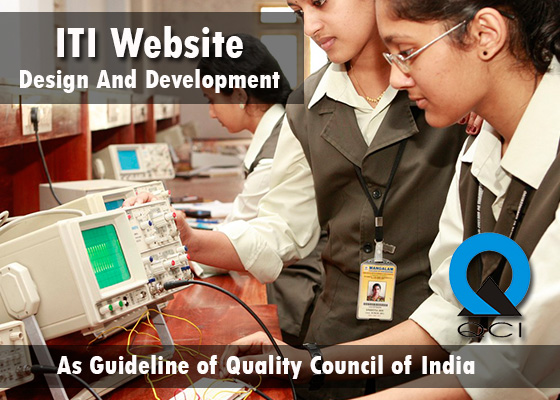How to Develop a High Reliability Organization
Today’s world is full of the unexpected. System failures, terrorism events, disease outbreaks, and superstorms disrupt businesses every day, sometimes to an unrecoverable point. Despite these challenges, some services (such as power plants, hospitals, and airports) have no choice but to continue operating. This will explore how these organizations maintain high reliability even in times of serious crisis and instability. We will share their secrets in a way that can be applied to all organizations in order to create high reliability and continued success.
This will help you know how to:
- Define the characteristics of a high-reliability organization
- Define key concepts required for high reliability, including mindfulness and expectations
- Describe the five principles governing high-reliability organizations: preoccupation with failure, resistance to simplification, sensitivity to operations, commitment to resilience, and deference to expertise
- Audit activities at all stages to assess the business’ reliability
Course Content
Lessons
Session One: Course Overview
Session Two: What is a High Reliability Organization?
Session Three: Key Concepts
Session Four: The Anticipation Principles
Session Five: The Containment Principles
Session Six: Auditing for High Reliability
Session Seven: Test Driving
ITI Student Resume Portal
रिज्यूम पोर्टल का मुख्य उद्देश्य योग्य छात्रों की जानकारी सार्वजनिक पटल पर लाने की है जिससे जिन्हें आवश्यकता हो वह अपने सुविधा अनुसार छात्रों का चयन कर सकते हैं

